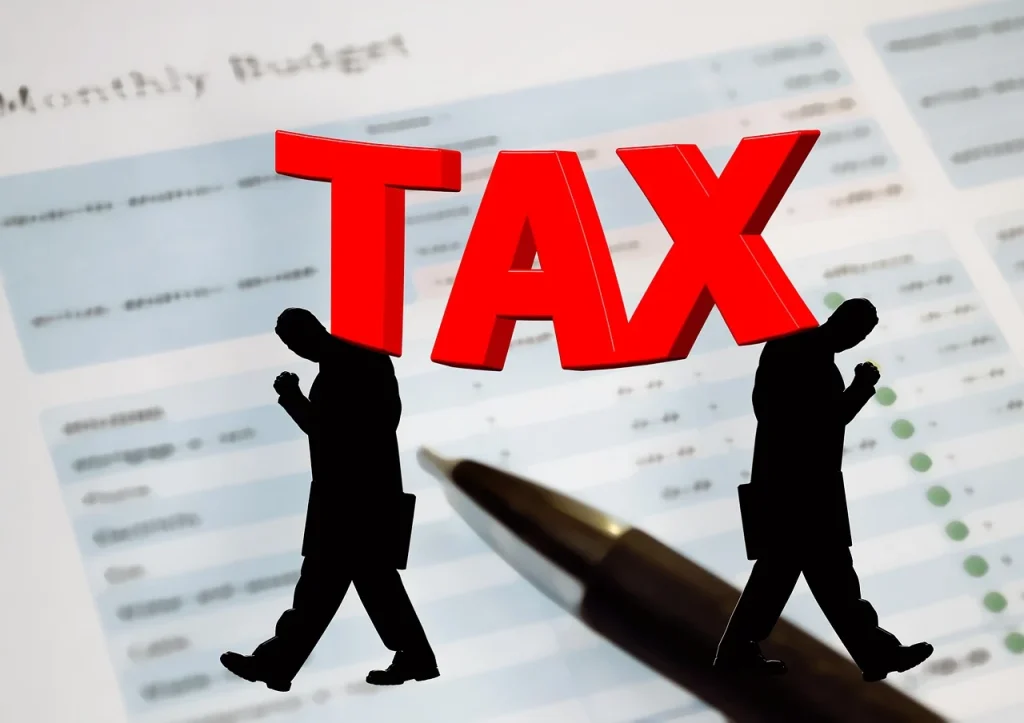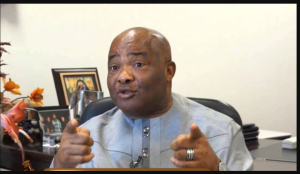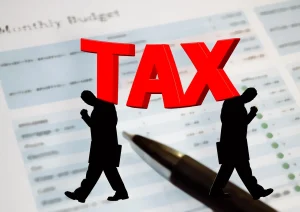
Nigeria’s Tax Reforms: A Chance for Equity and Sustainable Growth

Nigeria’s tax system has struggled for years with inefficiencies, structural imbalances, and a lack of fairness in income distribution and tax burdens. However, the recently proposed tax reforms signal a bold attempt to change this narrative, creating a system that not only drives revenue but also promotes equity and sustainable development.
The Presidential Tax Reform Committee, led by Taiwo Oyedele, has proposed four transformative bills: the Nigeria Tax Bill 2024, the Tax Administration Bill, the Nigeria Revenue Service Establishment Bill, and the Joint Revenue Board Establishment Bill. These bills aim to modernize Nigeria’s tax system, boost revenue, and create a foundation for long-term economic growth.
President Bola Tinubu has emphasized that the reforms aim to raise Nigeria’s tax-to-GDP ratio from a dismal 10.8%—one of the lowest globally—to a minimum of 18% within three years. This is crucial for funding public services, addressing socioeconomic disparities, and reducing dependence on oil revenues.
Key provisions include:
Eliminating consumption levies at the subnational level, except for VAT.
Lowering income taxes for low-income earners and exempting minimum wage earners entirely.
Reducing corporate income tax from 30% to 25% while providing relief for loss-making companies.
Streamlining tax collection under a unified Nigeria Revenue Service to improve efficiency and accountability.
These changes not only promise a more equitable tax burden but also pave the way for inclusive growth by redistributing wealth and reducing poverty. However, the reforms face resistance, particularly from northern governors opposing the revised VAT derivation formula, which increases the share of VAT revenues for states based on consumption.
Tax reforms should not just be about generating revenue; they should drive sustainable development. The proposed measures align with corporate social responsibility (CSR) principles, offering a chance to create a more inclusive society and support businesses that prioritize sustainability.
For instance, lowering taxes for small and medium enterprises (SMEs)—the backbone of most economies—can empower businesses to thrive, create jobs, and innovate sustainably. By addressing high energy costs and multiple taxation issues, the government can encourage SMEs to adopt greener practices, reducing environmental footprints while boosting productivity.
Similarly, ensuring tax equity by reducing the burden on low-income earners fosters social inclusion and builds trust in governance. Redirecting revenues toward infrastructure, education, and healthcare can improve quality of life while addressing systemic inequalities.
The focus on VAT collection based on consumption also ties into sustainability. States must now enhance reporting and collection systems while fostering local industries to boost consumption and generate revenue. This encourages a shift from extractive, short-term economic practices to more sustainable, consumption-driven growth models.
The reforms are not without hurdles. Resistance to fiscal federalism principles highlights deep-seated structural issues. For instance, northern governors argue that the new VAT formula disadvantages their states, yet some of these states actively destroy taxable goods like alcohol, which contribute significantly to VAT revenues elsewhere.
The success of the reforms will depend on enforcement. Nigeria’s elite have long evaded taxes, and linking luxury acquisitions to tax compliance is essential. For example, private jet owners owe billions in unpaid duties, while property taxes remain underutilized. Addressing such loopholes can redirect significant funds toward public goods.
A good tax system should be fair, transparent, and easy to administer. Nigeria’s current tax reform bills have the potential to elevate taxation as a sustainable revenue source while fostering equity and economic growth.
Moreover, by channeling tax revenues into CSR-driven projects—such as renewable energy, affordable housing, and youth employment programs—the government can address critical challenges like poverty, insecurity, and climate change. This aligns with global best practices, ensuring that economic progress does not come at the expense of social or environmental well-being.
In the end, tax reforms are not just about numbers—they are about people.









